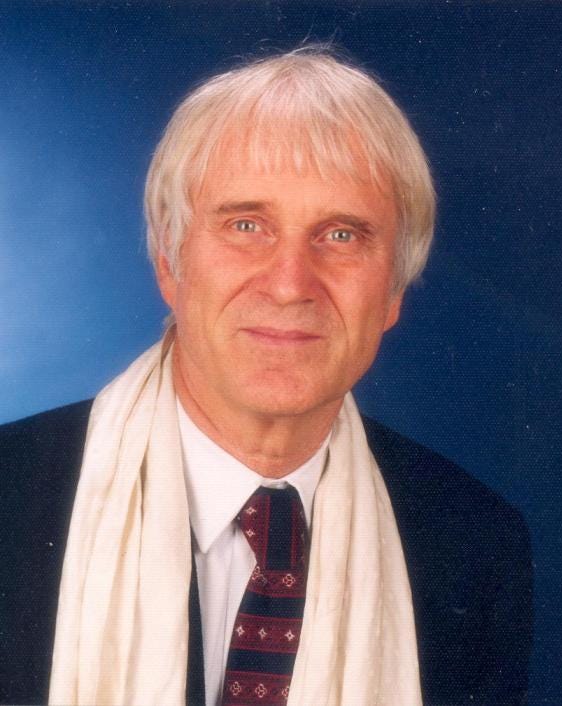Perceiving Nature
Our interaction with what we can call nature, is always hounded by the blight of our perception. We can not perceive nature without presupposing a nature-aesthetic.
Naturalism is almost as prevalent as gender categories of man and woman, it is something which crosses politics into the most basic of our day to day interactions with each other. This is not to say that “nature” or “man and woman” is something which can be understood as an objective entity, something purely outside of our perceptions. Rather, there is an objectivity to the objects of “nature,” or “man and woman,” which is taken into our minds as a science of nature, or a science of gender. The debate over the double X chromosome constituting “woman” is a debate of how we choose to perceive material reality. There is no simply “outside” of human perception once you are talking about how to engage with the material world.
We are always like the DJ who develops a natural aesthetic, “organic house music.” There is always a gap between material which we develop under the banner of naturalism and our consciousness of that material. Our material has a nature, but that material nature’s grasp of itself and the world is struck through by consciousness, which is to say the rational understanding of nature.
Nature has an aesthetic, nature has a logic, nature has products, nature is all powerful, nature is under threat.
We must ask ourselves what we choose to develop under the banner of naturalism, as it is something which is a bringing of the material world into the world of idea and language. The material world functions in various ways which are mathematically understood, but a scientific understanding requires the entrance into the conscious development of material into a sort of aesthetic.
German philosopher Gernat Böhme emphasizes the “otherness of reason” in developing his own Naturästhetik, which is to say the understanding of humans as something which is also part of the natural world. I agree, but with one condition: that this is truly known as something which is contingent on the active development of an aesthetic.
There is a knowledge of humans as active agents which can both change nature and yet are part of nature itself. To develop ourselves along the lines of an aesthetic rather than as discoverers of objective facts allows us to tap into the dynamic nature of human vitality along with our sense of good. This is not a pure scientific pursuit, but rather a Nature-Being which is posited, changing, striking the material world and transcendental ideas alike as both existent and non-existent, as part of nature and as something which is separate from it.
We CHOOSE what the world is to be made out of. It is our responsibility to develop nature, just as it is our responsibility to develop philosophy, politics and romantic life. Naturästhetik is not something we give life to, but something which gives life to us, and helps us understand that we do have a meaning in creating the world. We do not simply tap into objective reality, we inevitably create it.
The science of nature bleeds into the science of the family, of politics, of society, and so does its aesthetic quality. Let’s give Naturästhetik some attention in our own lives, and get it right.
Gernat Böhme (1937-2022)




